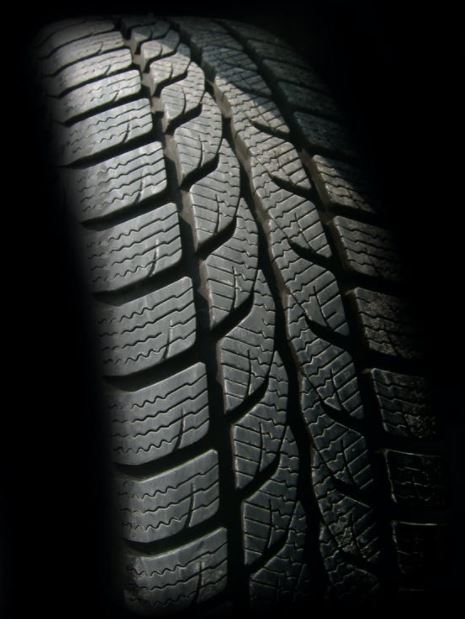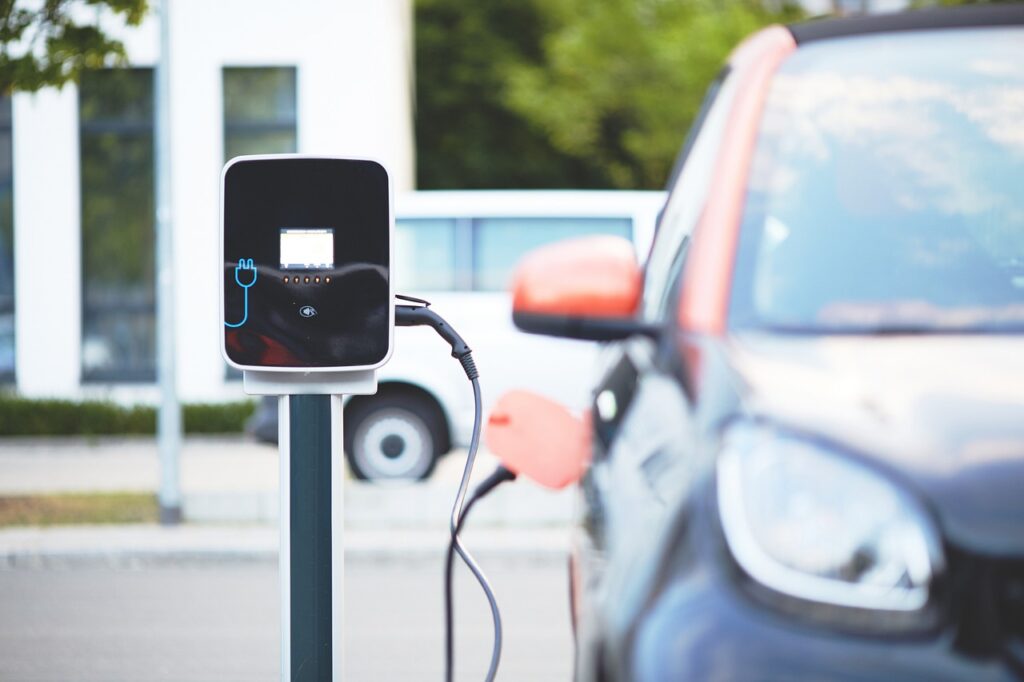Tires are one of the most important parts of your car. They’re the only point of contact between your vehicle and the road, so keeping them in good condition is essential for driving safely on the road. But how can you tell when it’s time to replace them? Here are the top 5 signs your car needs new tires.
1. Worn Tread
The tread on your tires gives your car traction on the road, especially in wet or slippery conditions. Over time, the tread wears down, and when it gets too low, your tires can’t grip the road as well. A quick way to check is the “penny test”—insert a penny into the tread with Lincoln’s head facing down. If you can see the top of his head, it’s time for new tires.
2. Cracks or Bulges
Cracks in the sidewall or bulges in the tire indicate that the rubber is weakening. This could be due to age or damage from hitting potholes or curbs. These weak spots can lead to blowouts, so it’s important to replace the tire as soon as you notice any suspicious looking areas.
3. Frequent Air Leaks
If you’re constantly adding air to your tires, it could be a sign of a slow leak or simply that the tires are too worn out to hold air properly. Either way, it’s a signal to consider new tires.
4. Vibration While Driving
Excessive vibration when driving, especially on smooth roads, can be a sign of uneven tire wear or alignment issues. This could indicate that your tires are past their prime and need replacing.
5. Age of the Tires
Even if your tires look fine, they do wear significantly over time. Most experts recommend replacing tires every 6 to 10 years, regardless of how much they’ve been used.
By taking care of your tires and watching for these signs, you can ensure your tires are safe and reliable, keeping your car performing at its best.

